-
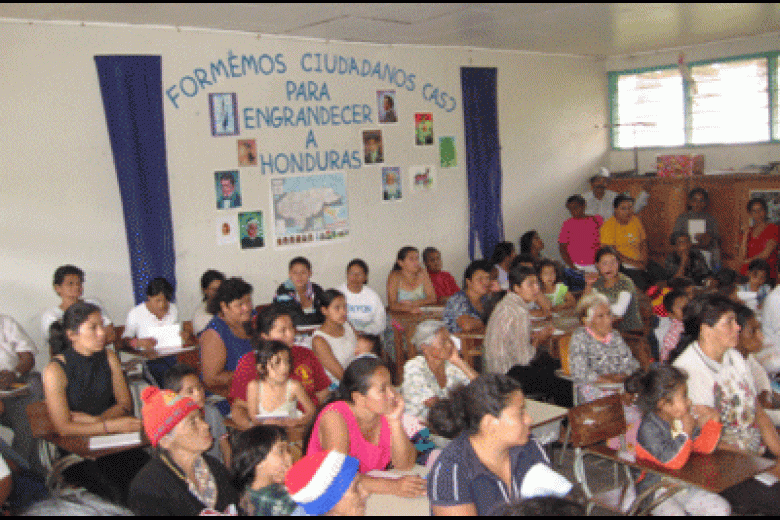
by Angela Day Mar 2, 2010 4 min read
-
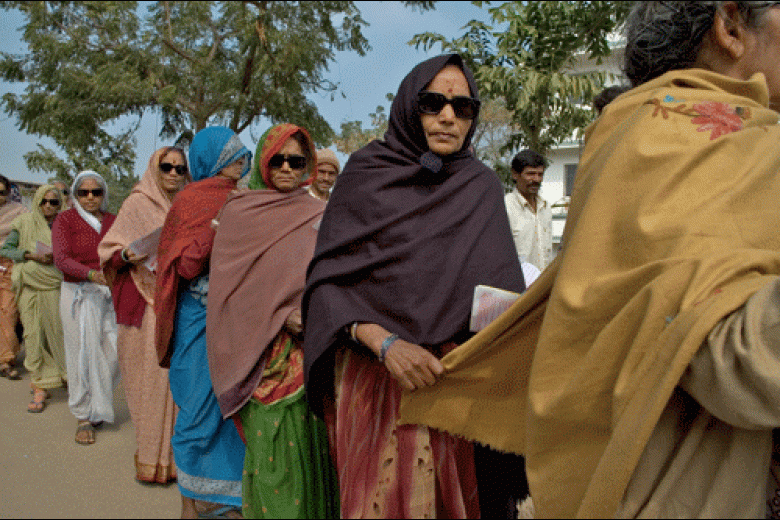
by Heather Wardle Mar 2, 2010 3 min read
-

by Dave Oswald Mitchell Jan 6, 2010 3 min read
-
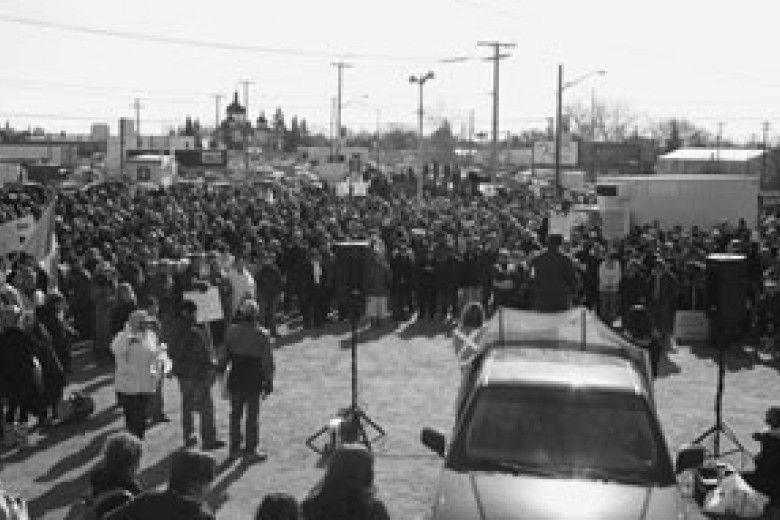
by Ryan Meili Dec 1, 2008 5 min read
-
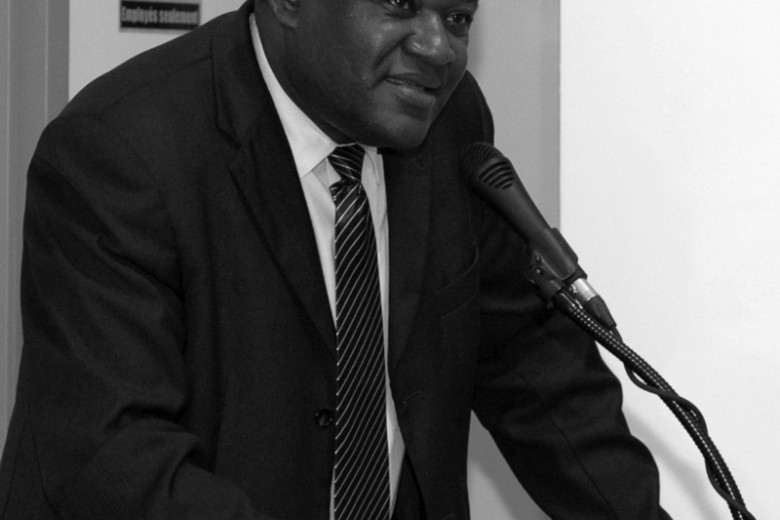
by Roger Annis Nov 1, 2008 5 min read
-
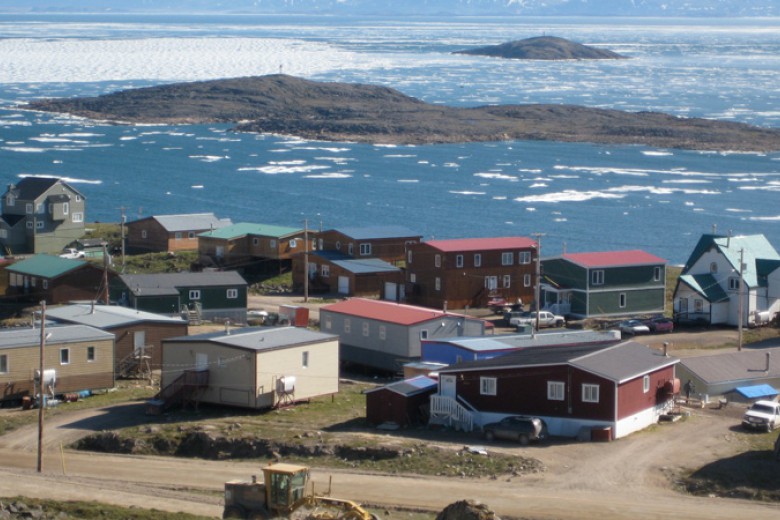
by Kate Press Nov 1, 2008 6 min read
-
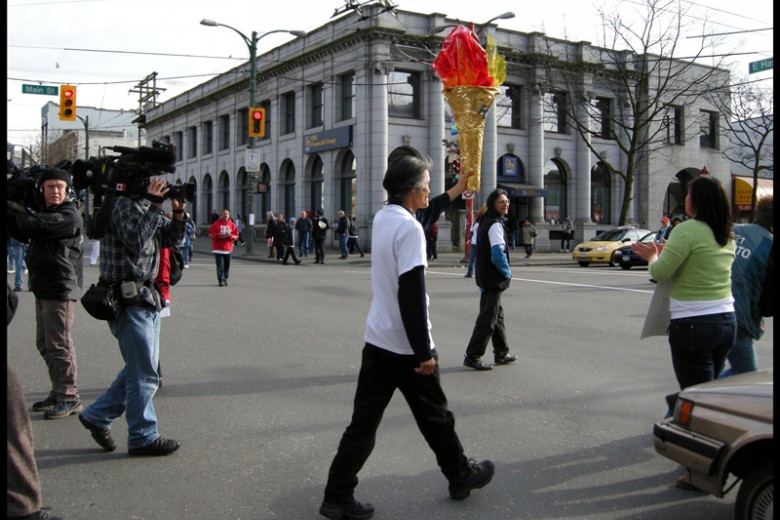
by Christopher A. Shaw Aug 1, 2008 12 min read
-
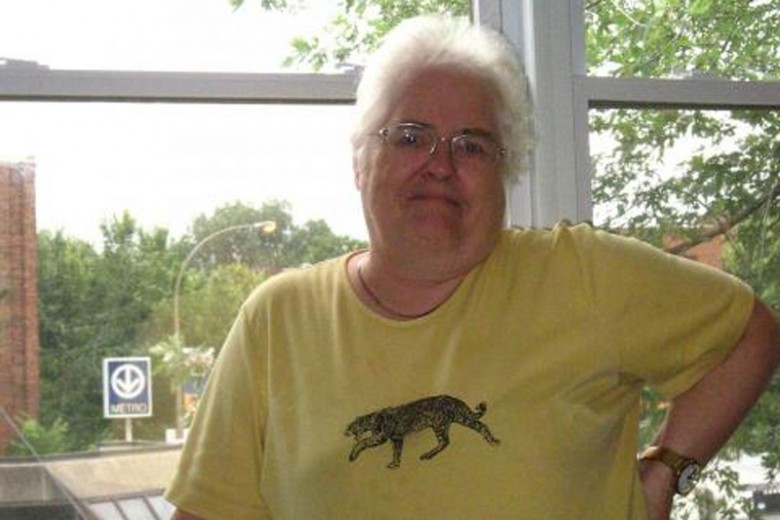
by Nov 1, 2007 5 min read
-
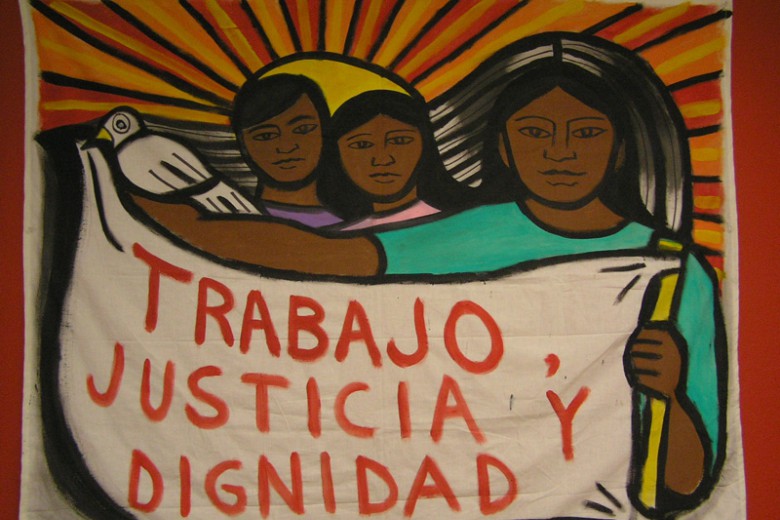
by Martha Jane Robbins Oct 24, 2007 11 min read
-

by Jim Mulvale Oct 24, 2007 13 min read